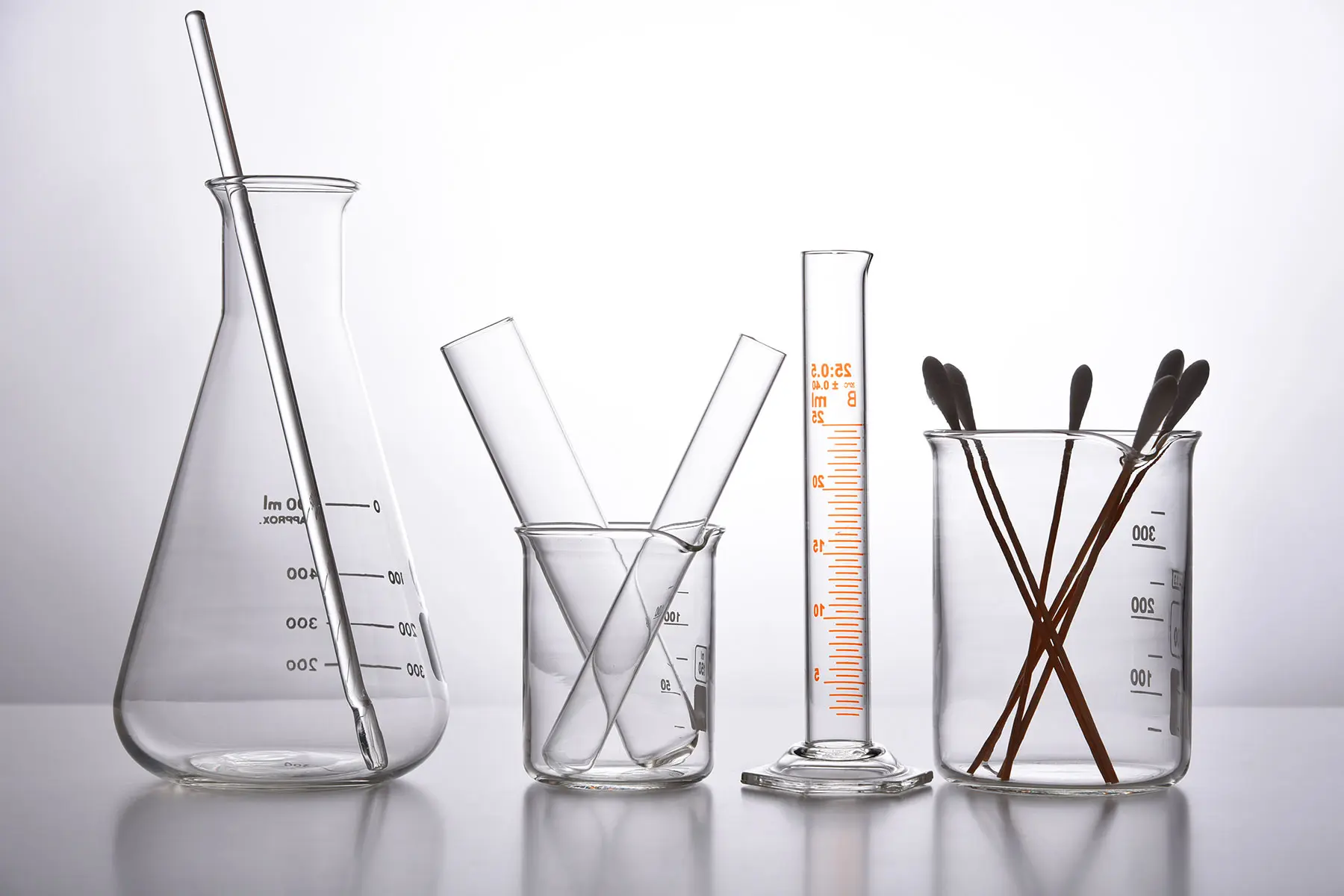The Best Anti-Aging Ingredients To Add To Your Skincare Routine
4 minute read

Summary
Anti-aging ingredients such as estriol, peptides, and hyaluronic acid address common skin concerns for women experiencing menopause, including dryness, fine lines, and loss of elasticity due to hormonal changes. Topical estriol supports collagen production and skin renewal, peptides stimulate firmness and repair, and hyaluronic acid provides deep hydration. Additional ingredients like vitamin C, niacinamide, and bakuchiol can further enhance skin brightness, texture, and resilience during perimenopause and menopause.
Your skin changes during menopause: your simple skincare routine suddenly won’t cut it anymore.
If you’ve noticed more dryness, dullness, or fine lines that seem to appear overnight, you’re not alone. The good news? The best anti-aging ingredients available today are designed to target these exact concerns caused by hormonal shifts.
From rebuilding collagen to restoring moisture, the right skincare ingredients can help your skin look and feel healthier, smoother, and more vibrant. In this article, we’ll walk you through four standout anti-aging ingredients worth adding to your daily routine, plus a few bonus options to give your skin an extra glow.
Ready to see what works? Shop Alloy’s full line of anti-aging skincare solutions and support your glow through menopause.
1. Estriol – The Under-the-Radar Hormonal Powerhouse
Estriol is a gentle, low-potency form of estrogen that declines during menopause. When applied topically, this hormone supports skin renewal at a cellular level, improving common signs of aging related to hormonal loss.
How Estriol Works for Anti-Aging
Here’s how estriol supports your skin during menopause:
Stimulates collagen production to smooth fine lines and firm sagging skin
Improves skin elasticity, helping skin bounce back and look more youthful
Boosts hydration and thickness that decline as estrogen drops
Well-tolerated by most women, offering noticeable anti-aging benefits
2. Peptides – The Collagen-Stimulating Messengers
Peptides are short chains of amino acids that act as messengers, sending signals to your skin to produce more collagen and elastin. These powerful molecules keep your skin firm, smooth, and supported over time.
Anti-Aging Benefits of Peptides
Peptides visibly reduce signs of aging by:
Stimulating collagen production to reduce fine lines and wrinkles
Supporting skin repair and enhancing the skin’s natural barrier
Improving firmness and elasticity, especially in thinning, menopausal skin
Reducing inflammation, which contributes to dullness and sagging
Different Types of Peptides for Anti-Aging
Not all peptides work the same way; some boost collagen, while others hydrate or calm the skin. Here’s how they differ:
Signal peptides: Stimulate collagen and elastin production
Carrier peptides: Deliver ingredients like copper to promote skin healing
Neuropeptides: Relax facial muscles to soften expression lines
Enzyme-inhibitor peptides: Slow the breakdown of collagen
3. Hyaluronic Acid – The Ultimate Hydrator
Your body naturally produces hyaluronic acid to keep skin plump and hydrated, but production declines with age, especially during menopause. A topical serum can make a huge difference in your skin’s texture and moisture retention.
Supporting Long-Term Hydration
Hyaluronic acid acts like a sponge, drawing water into the skin and retaining it for all-day moisture.
Here’s how it helps:
Draws moisture into the skin, giving it a fresh, dewy appearance
Reduces the appearance of fine lines caused by dryness
Soothes tightness and irritation, especially in sensitive, aging skin
Improves the absorption of other anti-aging actives by keeping skin hydrated
Building A Skincare Routine for Anti-Aging – What The Experts Recommend
Your skincare routine doesn’t have to be complicated; it just needs the right ingredients in the right order. Dermatologists suggest focusing on hydration, collagen stimulation, and barrier repair during and after menopause.
Here’s a simple routine to get you started:
Cleanser: Use a gentle, hydrating cleanser that won’t strip your skin
Peptides: Apply a peptide-rich serum to help support collagen
Hyaluronic Acid: Layer in a hydrating serum to lock in moisture
Estriol Cream: Use a topical estriol treatment to support elasticity and firmness
Ceramide Moisturizer: Seal everything in and protect your skin barrier
Sunscreen (AM only): Always finish your morning routine with SPF 30 or higher
Bonus Ingredients That Could Boost Anti-Aging Results
Once you’ve got the basics covered, a few extra ingredients can take your results even further. These options can restore brightness, texture, and overall skin tone, especially when used alongside your core routine.
Consider adding:
Vitamin C: Brightens skin and supports collagen production
Niacinamide: Evens out skin tone, calms redness, and smooths texture
Bakuchiol: A gentler alternative to retinol; smooths fine lines and restores firmness
Ferulic Acid: Boosts the power of vitamin C and protects against environmental damage
Azelaic Acid: Targets dark spots and supports clearer, more even skin
Build An Anti-Aging Skincare Routine That Actually Works with Alloy
Menopause doesn’t mean giving up on vibrant, healthy skin. With ongoing support and clinically proven anti-aging ingredients, Alloy will help you build a personalized skincare routine that supports your changing complexion.
Fill out a quick medical intake form to connect with an Alloy provider. Let’s create a plan tailored to your skin, your concerns, and your goals, so you can feel confident in the skin you’re in.
Related Content
Subscribe
Go ahead, you deserve to
feel fantastic
By subscribing you agree to our Terms of Service & Privacy Policy.